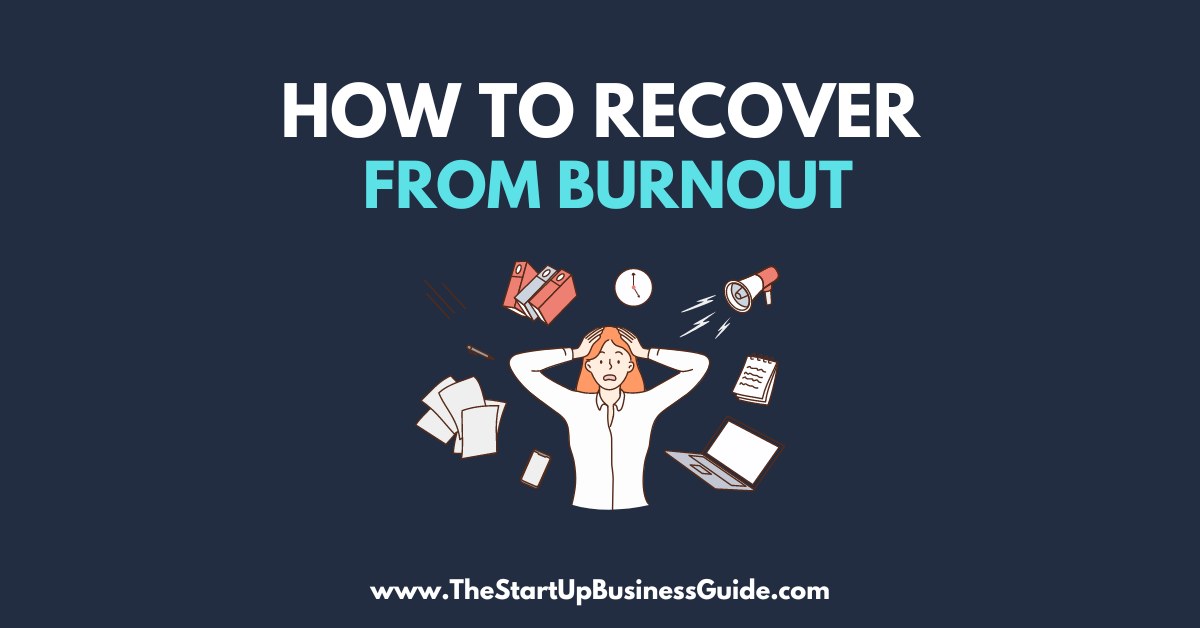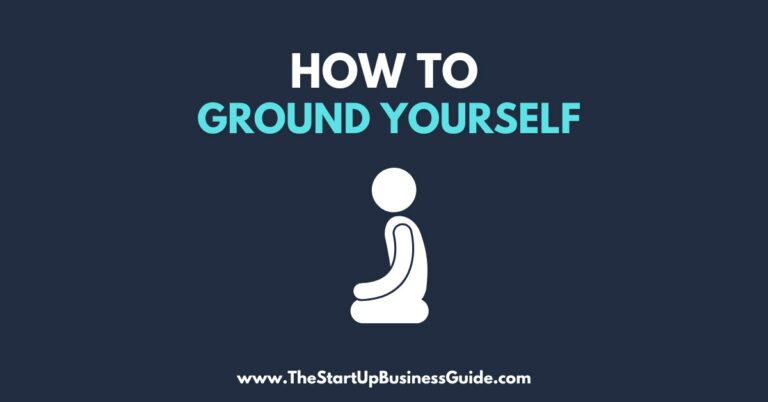How to Recover from Burnout

Burnout is a state of emotional, physical, and mental exhaustion caused by prolonged stress.
It can manifest itself in various ways, including feelings of apathy, cynicism, detachment from work, as well as physical symptoms such as fatigue, headaches, and insomnia.
It’s a serious issue that affects many people, particularly those in high-stress jobs or careers.
In this article, we will explore the causes of burnout, strategies for recovery, and prevention tips to help you avoid burnout altogether.
Understanding the causes of burnout
There are a variety of causes of burnout, including work-related, personal, and societal factors.
Work-related causes of burnout include a lack of control over one’s work, unclear job expectations, and a lack of support from colleagues and supervisors.
Personal causes of burnout can include a lack of self-care, perfectionism, and a lack of a support system.
Societal causes of burnout can include a culture of overwork and a lack of work-life balance.
Strategies for recovery
Recovering from burnout can be a difficult process, but it’s not impossible.
There are several strategies that can help you recover, including self-care and self-compassion, setting boundaries and learning to say no, finding a work-life balance, practicing mindfulness and meditation, building a supportive network of friends and family, and seeking professional help if needed.
Self-care is an important aspect of recovery from burnout.
This includes taking care of your physical and emotional health, such as getting enough sleep, eating well, and engaging in activities that you enjoy.
Self-compassion is also crucial, as it helps you to be kind and understanding towards yourself during the recovery process.
Setting boundaries and learning to say no is also an important part of recovery.
This means setting limits on the amount of work or responsibilities you take on, and saying no to requests that will overload you.
Finding a balance between work and other aspects of your life, such as family and leisure activities is essential.
Practicing mindfulness and meditation can also be helpful in recovering from burnout.
These practices can help you to focus on the present moment and to be more aware of your thoughts and emotions.
Additionally, building a supportive network of friends and family can be very beneficial in helping you to recover from burnout.
If you are struggling with burnout, it’s important to seek professional help.
This can include therapy, counseling, or coaching, and can help you to work through the underlying causes of your burnout and to develop a plan for recovery.
Prevention Tips
Preventing burnout is an important part of maintaining your emotional, physical, and mental well-being.
This can include prioritizing self-care and self-compassion, learning to recognize the early signs of burnout, setting realistic goals, building resilience, and recognizing and addressing sources of stress.
Self-care and self-compassion are key to preventing burnout.
By taking care of yourself and being kind and understanding towards yourself, you can build up your emotional and physical resilience.
It’s also important to learn to recognize the early signs of burnout, such as feelings of apathy and detachment, so that you can take steps to prevent it from happening.
Setting realistic goals and building resilience can also help you to prevent burnout.
This means setting goals that are achievable and that align with your values, as well as taking steps to build up your emotional and physical resilience.
It’s also important to recognize and address sources of stress, such as overwork, a lack of control over your work, or a lack of support, so that you can to prevent burnout from happening.
Conclusion
Burnout is a serious issue that affects many people.
It can be caused by a variety of factors, including work-related, personal, and societal causes. However, recovery is possible with the right strategies and support.
By practicing self-care and building resilience, you can prevent burnout from happening in the first place.
Remember to take care of yourself, set boundaries, find a balance between work and life, practice mindfulness, build a supportive network, and seek professional help if needed.
It’s essential to prioritize your mental and emotional well-being to avoid burnout, and it’s never too late to start taking steps towards recovery.






